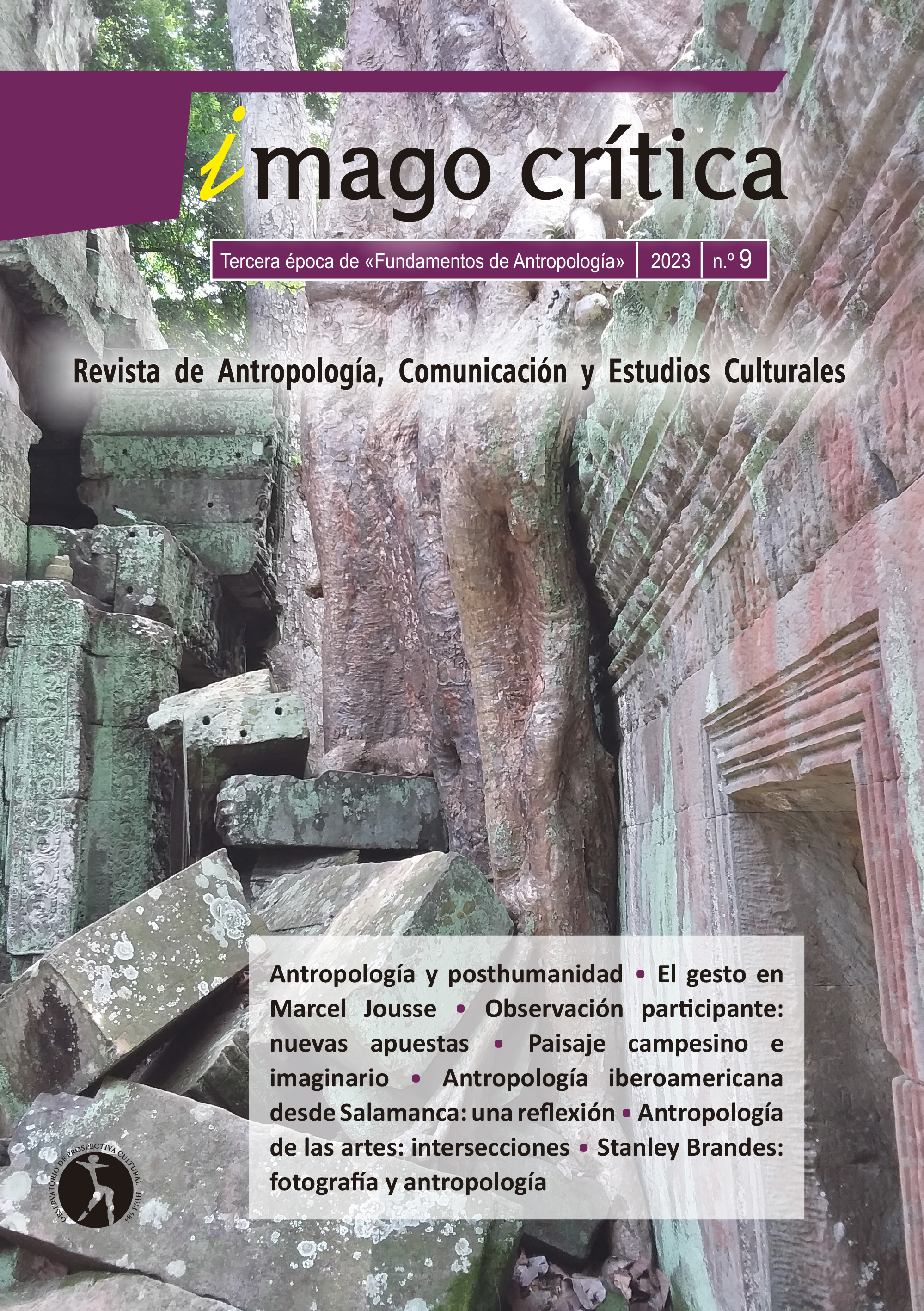Review of Tenatsali ou l’ethnologue qui fut transformé en indien, by Frank Hamilton Cushing
DOI:
https://doi.org/10.30827/ic.29276Keywords:
Frank Hamilton Cushing, Zuni pueblo, Native American, Anthropological theoryAbstract
Tenatsali ou l’ethnologue qui fut transformé en Indien is for multiple reasons a wonderous and welcome publication. This book contributes significantly to anthropological knowledge in at least two ways: first to a scholarly and balanced biography of Frank Hamilton Cushing as ethnologist; and second to detailed sociocultural information about Zuni in the late nineteenth century. The heart of Tenatsali consists of some twenty-five wide-ranging essays by Cushing, all of which provide a solid historical and descriptive examination of Zuni society and culture. These essays, mainly published in specialized journals during the 1880s and 1890s, are beautifully translated into French by Éléonore Devevey. They represent a broad range of subject matter, starting with Cushing’s memoirs of his frequently difficult experiences as a white man living among the Zuni, continuing with accounts of Zuni social and religious beliefs and practices, and ending with technical and aesthetic considerations of Zuni material culture, principally of arrows, copper, and pottery.
References
Ruth Benedict, Patterns of Culture (Boston: Houghton Mifflin, 1934).
Hughte, Phil, A Zuni Artist Looks at Frank Hamilton Cushing (A:shivi A:wan Museum and Heritage Center, 1994)
Malinowski, Bronislaw, Argonauts of the Western Pacific (New York: Dutton, 1922)
Saumade, Frédéric & Pérez, Patrick (Eds.), Frank Hamilton Cushing. Tenatsali ou l’ethnologue qui fut transformé en indien (Paris: CNRS Editions, 2022).
Downloads
Published
Issue
Section
License
Copyright (c) 2023 Imago crítica. Revista de Antropología, Comunicación y Estudios Culturales

This work is licensed under a Creative Commons Attribution-NonCommercial-ShareAlike 4.0 International License.












